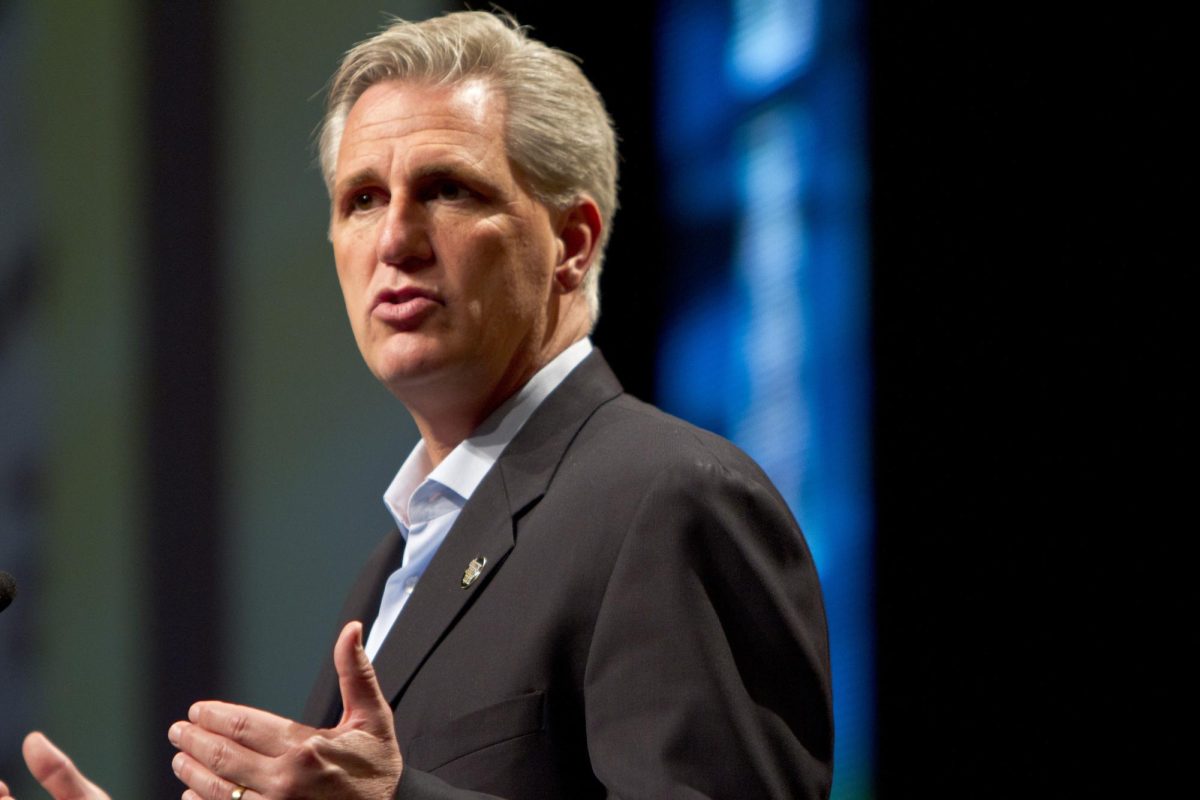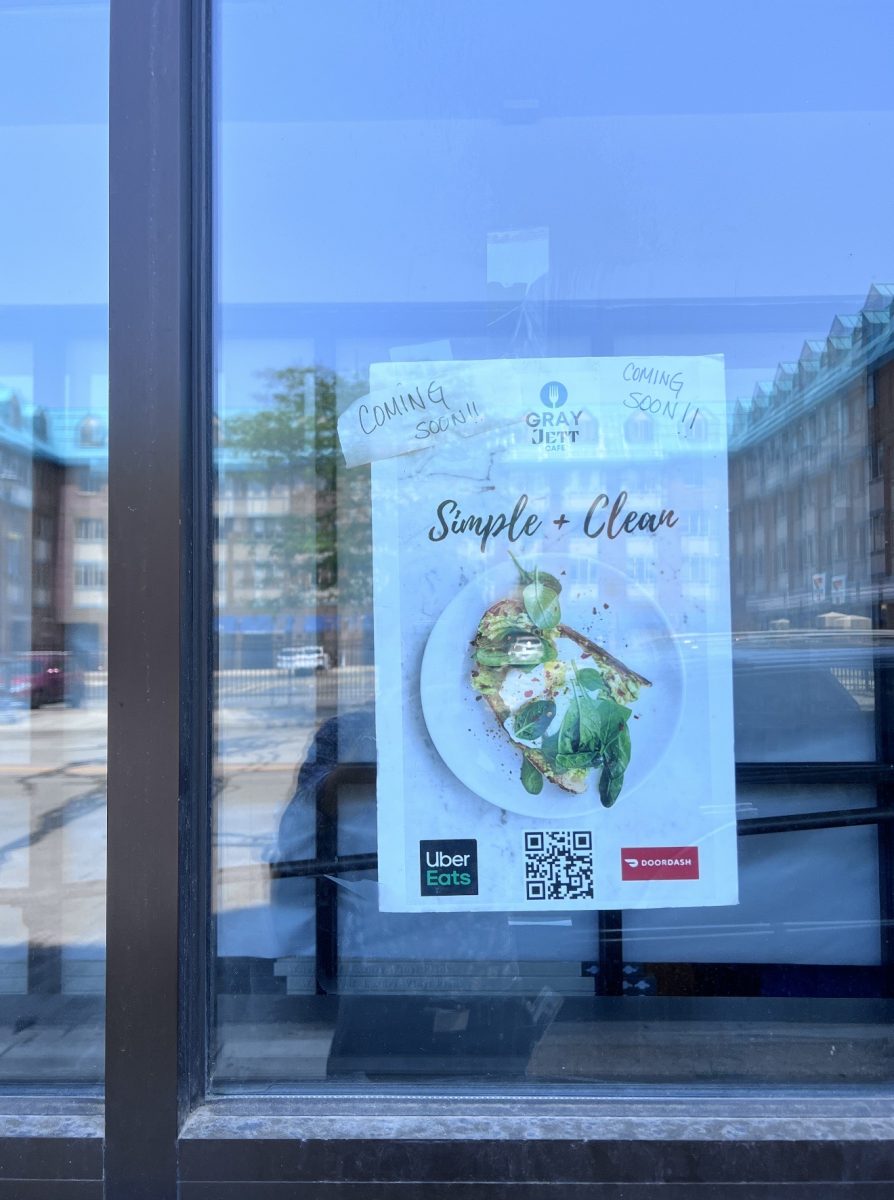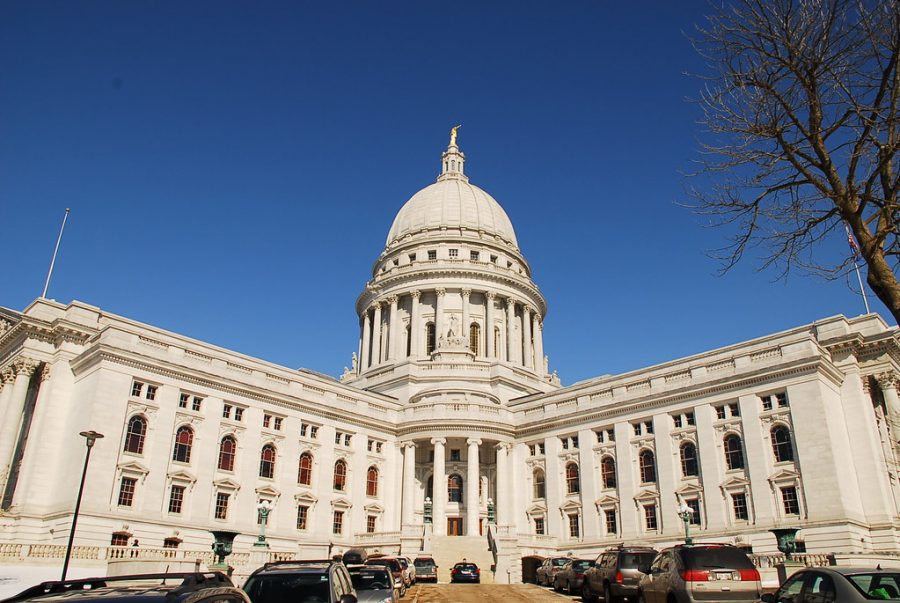 Everyone on campus knows about Marquette Student Government, in some form or another.
Everyone on campus knows about Marquette Student Government, in some form or another.
What’s harder to find is a student who would recognize one of their senators on the street or is able to say precisely what MUSG does — if they admit the group does anything.
But times are changing. This year’s MUSG executive board is making strides to make their actions more transparent for students.
It’s a tactic students may not be used to, since previous years’ senates could be called nothing but opaque.
The switch to transparency
The reason MUSG wants to make a push for transparency now is because it hardly existed in the past. While constituents could speak to their senators if they had a problem, College of Arts & Sciences senior and Off-Campus Senator Bill Doerrer said senators at one time were completely prohibited from talking to the media.
He said he learned of this problem early in his MUSG career, when a Tribune reporter wrote an article on his first piece of legislation, called “Uphold the Tradition.” The legislation recommended that the university not turn O’Donnell Hall into a coed dorm.
According to Doerrer, the article was inaccurate, and he decided to try to do something about it. “I wrote the Tribune reporter an e-mail saying, ‘I don’t understand why you think this way, you never even talked to us,’ and I was given a one page reprimand (by MUSG),” Doerrer said.
Restrictions like these made it impossible for senators and reporters to directly interact and discuss issues. According to College of Arts & Sciences sophomore Joey Ciccone, last year, reporters from any branch of Marquette Student Media were only allowed to contact MUSG senators via e-mail.
At that time, reporters could only submit questions, and senators’ answers required approved by the MUSG communications department.
Doerrer said that at this time last year, there would have been no chance of senators meeting with the media face to face.
[youtube]au973WbCdqs[/youtube]
Change you can see
With the election of President and Executive Vice President Henry Thomas and Stephanie Stopka, seniors in the College of Arts & Sciences and the College of Business Administration, respectively, transparency has become a primary goal of MUSG. Thomas and Stopka made transparency in both the Student Organization Allocation process and their dealings with student media a part of their campaign platform.
Although it’s only three months into the school year, it’s hard to say there’s been no improvement. Senators are now freely permitted to speak to the media, and Communications Vice President Lauren Lakomek, a senior in the College of Communication, is making an effort to improve outward communication rather than censor and restrict it.
“We don’t operate behind closed doors,” Lakomek said.
There is now no formal policy requiring senators to clear statements or interviews with the communications department. However, senators often check in with Lakomek before talking to the media, as was customary last year.
Lakomek said her department has been trying new ways to keep students informed as well as the media. She said social networking platforms, like Facebook or Twitter, is a big part of this effort.
Unlike previous administrations, however, Lakomek’s communications department is focusing on getting students interested in what MUSG is doing in addition to simply telling them what MUSG is doing.
“Students need to not be afraid of us,” Lakomek said.
In order for transparency to be effective, she added, students have to learn to seek out MUSG when they have problems, rather than have MUSG go around looking for problems.
“If I just put a mic in your face, you’re not going to have anything to say,” Lakomek said.
Thomas said one of the new ways MUSG is trying to reach out to students is with monthly “out-of-office hours,” held in public areas on campus like the Bridge, where the entire e-board is present.
“It’s a way for us to interact with students on another level,” said Thomas. “They’re able to give us direct feedback.”
Thomas cites their first out-of-office hour for identifying the problems with the wireless system on the Bridge. While they were there, the e-board overheard students’ complaints about the wireless Internet and was able to go to the library staff to tell them about the problem.
“We had a meeting with the dean of the libraries … and it was crazy, because they had no idea,” Thomas said.
Another area where MUSG is trying to increase the level of transparency is SOA funding. Stopka, who is the head of the SOA committee, said she tries to be in her office as much as possible to make herself available to any students who want to come in and discuss SOA applications.
“We want to represent more student groups on campus,” Stopka said. “That’s what we’re here for.”
Stopka said MUSG has begun offering SOA workshops prior to every deadline. At these workshops, students can come in to discuss the SOA process and learn how to accurately fill out their applications. The purpose of the workshops, Stopka said, is to increase the number of applications that they receive and can approve.
Lingering opacities
While MUSG is making an effort to open up a great deal of their inner workings to the general public, they are still keeping many aspects of their organization private or choosing not to advertise them to students.
One issue in particular even has some senators against it: the restricted nature of SOA fund requests.
When student organizations apply for funding, their requests are sent to the SOA committee for review. The committee debates each item and allocates funding appropriately, but only requests that total more than $1,500 must be brought to the Senate for public approval.
As a result, the majority of allocations are done under students’ radar, a practice that Doerrer, Ciccone, and Communication Senator Katie Simoncic agreed should be changed.
“All the SOA funding should be out there,” Doerrer said. “They should be made public. It’s the students’ money. They should know where it’s going.”
Doerrer said the issue had never been raised by anyone outside the Senate. He said the policy cannot be changed by the Senate because SOA funding is revealed at the discretion of the e-board.
According to Stopka, the information is generally restricted for students’ and organizations’ privacy, but in most cases, students or the media could request to see the list of allocations. There is no publicly accessible version online, so students interested have to speak to MUSG themselves to get the information.
In other cases, however, the e-board and senators are in agreement. For example, some of the ideas brought up at e-board or committee meetings are never fleshed out beyond that meeting, so they are kept private. Both senators and e-board members think this decision is the right one to make, even though it does not technically promote transparency. Thomas said if certain steps must stay internal for the benefit of the students, it may be for the best.
“Those are maybe the things that need to stay internal,” Thomas said. “But as far as our overall projects or the overall goal, we never want to keep that a hidden agenda.”
Stopka also pointed out that too much unimportant information can overwhelm students and impact their perceptions of issues or legislation.
“It’s not productive for students to know sometimes,” Stopka said. “Students don’t need to know the first draft of something (senators) are working on.”
The committee chairs feel no differently.
“I tried to explore (revealing committee minutes) earlier in the year, and I realized half the stuff does get killed, and what is good gets reported at the actual meeting,” Ciccone said.
Senator Simoncic said the meetings are designed to weed out these bad ideas.
“You need to get down to your real, good ideas first … and then start working on those,” said Simoncic. “That’s especially what those committee meetings are for, to really get those done.”
The student lens
While these questions of what MUSG does behind closed doors may be a matter of contention for senators and the media, a lot of students are still stuck trying to determine what MUSG does behind even open doors.
Anna Weber, a senior in the College of Arts & Sciences, said she knew MUSG was a liaison between students and faculty, but didn’t know any more than that.
“I really have no idea, to be honest,” Weber said.
Other students, like College of Engineering junior Alex Koepsel, only knew of MUSG through a different form of outreach: the campaign season.
“The only time I really see them is during the campaigning week when they’re handing out flyers,” Koepsel said.
There are some who stay informed on MUSG’s agenda and its push for transparency.
“I think MUSG’s done a pretty good job with improvements, especially in recent years,” said Alise Buehrer, a junior in the College of Communication. “They’re kind of making a really conscious effort to engage students.”
The one thing all these students share is that they aren’t sure exactly sure how MUSG can help them as students, even if they know MUSG is trying. But College of Communication senior Irish Diwa offers a simple suggestion to MUSG that may hint what students want from their student government.
“MUSG could say ‘hello,’” Diwa said. “I would like them to say hello.”









